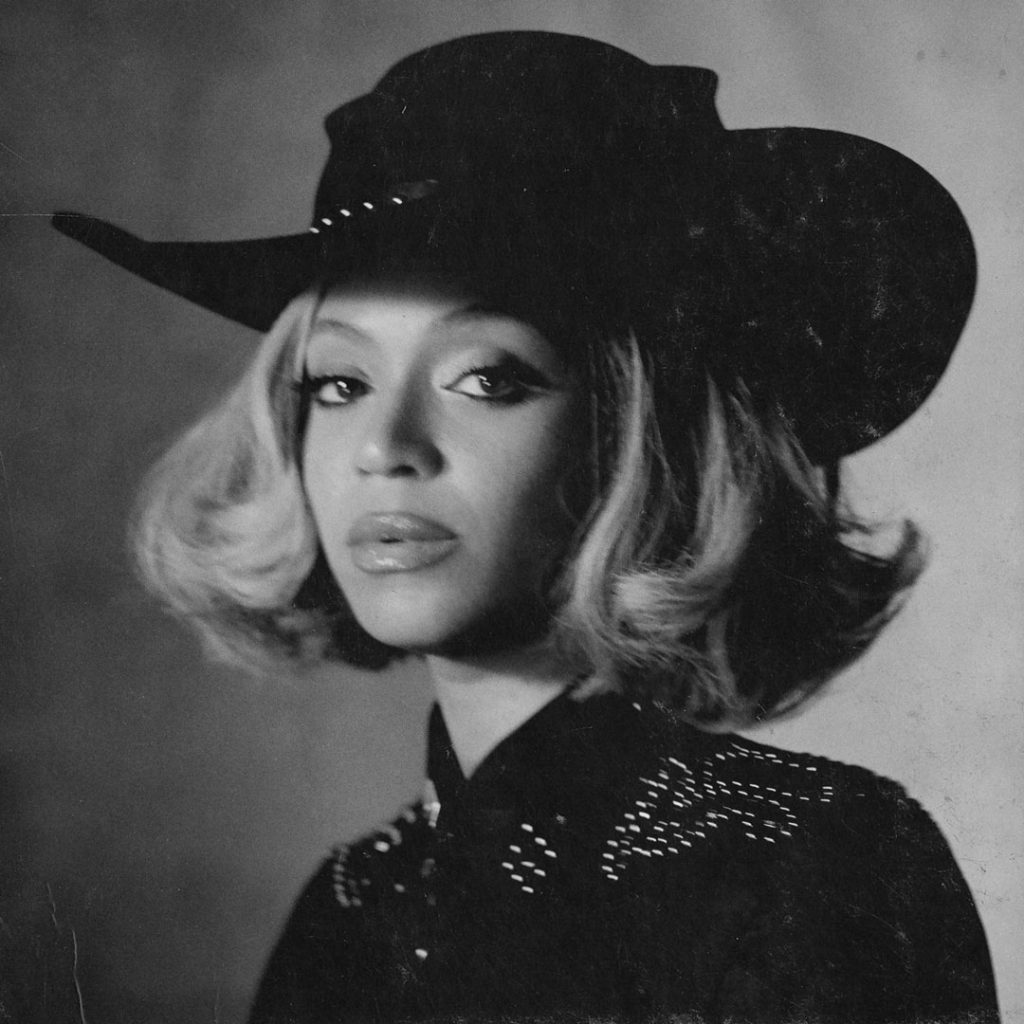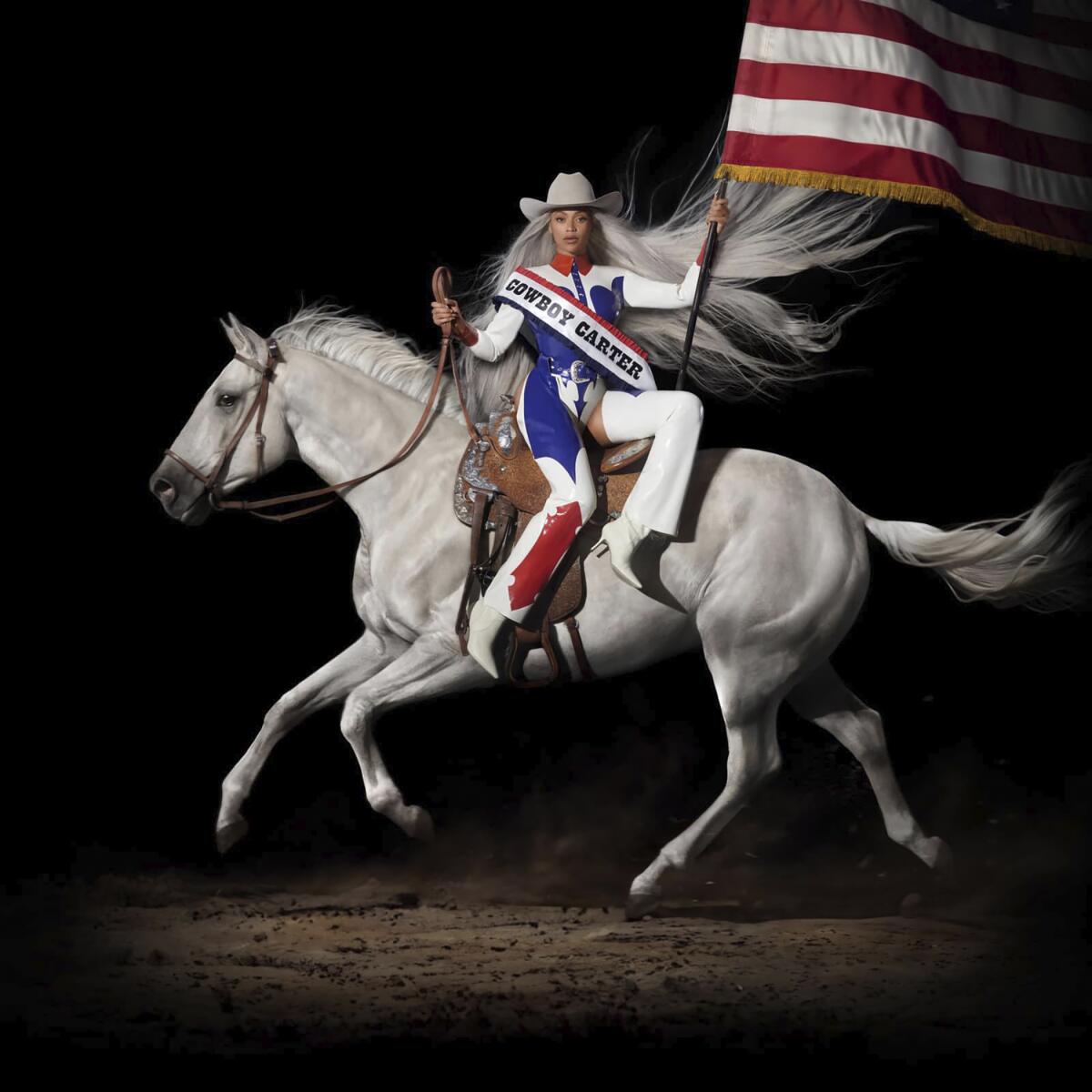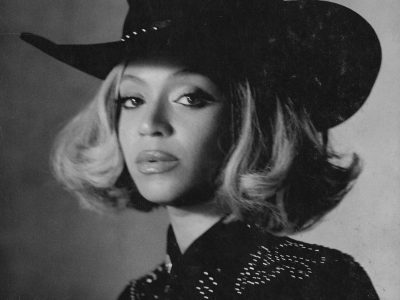Tastes
This is an essay about how I am the sole arbiter of all that is fine and high culture in this world as evidenced by my seemingly endless essays on my personal consumption habits. Or… are they learned, is opinion easier than evidence, what is the paradox of tastes? I’ll try to write it as if I were a cultural anthropologist pondering the postmodern. Still, in reality, it’s just some things I noticed in recent conversations about how our aesthetic tastes are oft the first targeted in the disinformation game and have now become subject to congressional hearings.
Beyoncé & Swift
In my last note on The Purple Party, I mentioned that I joked with an acquaintance that I didn’t know what Taylor Swift had to do with the Super Bowl when I was told Swift was “no longer country” which I understood as a reference to towing conservative ideology. I suggested Beyonce’s new country music 1 as a clever alternative. When I mentioned this conversation to someone on the other ideological spectrum, I got this response:
“Beyoncé? I’m good. I prefer musicians to entertainers or stars”
Hunter, Travas. 2024. SMS (text) message in discussion with the author and Robby Archer. February 23. digital transcript, SQLite3 file. Greenwood, SC.

Is Beyonce a musician? Da’ hell? Of course, she’s a world-class vocalist and stage performer. Her musical melange performance at Coachella was a master class. She’s the first music artist to have six albums debut at #1 over four decades. Although it could be argued that her first foray into country music happened in 20162, the recent release seals the deal. I suppose those trying to pin it on some sort of cultural appropriation have forgotten she is from Texas. Although I didn’t respond to the text, I’m sure I’ll send this essay along. I get it… not your taste, I’m just not sure I would go so far as to preclude her as a musician.
I’ve become quite fascinated by how opinionated people have become about people like Beyonce and Swift because it kind of mirrors the other political obscurities running amuck. The fact that celebrities are dominating the headlines of the political sphere while more serious events unfold around the world just underscores the strength of our opinions on culture. Like her music or not, Taylor Swift is one of the most successful musicians and songwriters of all time. And just like Beyonce, she’s morphed her musical identity with each new release.
Although I don’t want to argue semantics, the word music is from Greek3 – mousiké (technē)—μουσική (τέχνη)—meaning “art of the Muses”, which reminds me of a recent Bob Dylan song Mother of Muses4that was inspired by his winning the Nobel prize in Literature. “When he had the golden medal in his hand, he turned the backside up, looked at it for a long time and seemed amazed” by an engraving that depicted a poet listening to and writing down the song of a Muse playing the lyre. The engraving is accompanied by a Latin inscription, adapted from Virgil’s Aeneid, “Inventas vitam iuvat excoluisse per artes”, which translates to: “It is beneficial to have improved life through discovered arts”. The muses were the names of the chords in the first written music notation. Before written language, the muses represented all forms of knowledge scientific and artistic. Although artistic merit seems to be entirely based on opinion and scientific knowledge on evidence, it’s not necessarily the case.
Wine & Design
One of the best analogies I can use in dealing with aesthetic tastes is literal taste5. I spent quite a few years in the wine business5. Daily, I would taste wine with others, talk about it, serve it to others, and then ask for opinions. I learned a lot about tastes through this process and I learned to manipulate people’s opinions without them even knowing what I was doing. In hindsight, I’m not exactly proud of that, but it was a sales gig. I worked for a wine shop with a pretty enterprising fella from Italy. We had millions of dollars in wine inventory that originated in the international construction trade. The Wine business is about as old if not older than almost any business and although it seems fairly straightforward, it’s also got some of the core corruption of other industries. Art is the second largest unregulated international market after illegal drugs and wine may be third. Winemaking methodology has been mostly unchanged for thousands of years and the subtle differences primarily occur in the casking, weather, terroir, and varietals.
I learned that individual tastes are from experience and education. I learned to size customers up based on their looks and know which direction to push them. I also learned that if you get enough wine in them and put them in a good mood, they’ll buy almost anything. I learned that the American palate is fond of fruit and sugar as compared to the Europeans and South Americans who started drinking wine at an early age instead of soda. I was selling wine in the era of Robert Parker’s rating system who’s since been blamed for the homogenization of wine. I still use professional reviews when I purchase because I don’t have the luxury of tasting but I know what my tastes are and what I’m being sold. I’m also somewhat in agreement with some of the criticisms of wine tasting being a junk science although I defend it to the naive as a matter of taste and artistic merit.
My professional experience with design has been somewhat similar. In college, I learned to survive art critique because It’s literally what drives studio art programs. I also doubled up with art history so I know a little bit there too. And over the last twenty-five years since college as a web developer, I’ve spent a lot of time discussing design. I’ve worked on very nouveau bleeding edge sorta designs for agencies and I’ve helped my stepmom with her dainty garden blog. I’ve learned that with design it’s almost the same as wine. It is dictated entirely by the same taste which is an effect of experience and education. I’ve mostly stopped trying to convince someone who doesn’t have experience that a certain style is more favorable and have started just following their preferences and design sensibilities just as I learned to do with wine.
There is some scientific evidence about our preferences toward very fundamental parts of visual aesthetics like symmetry and harmony, but the rest is a product of culture. One of the most fascinating aspects of design is that there is nothing objective about color because we don’t see colors the same. Here’s a personal real-world example: A fella I knew once walked into a room with a pair of pink plastic clogs on, so I said “What the heck are you wearing”. He went on to explain that he had just bought into the distribution rights of these shoes called Crocs and gave me a pair. And I laughingly said “Good luck with that” and needless to say, I was wrong. I did not have the sensibility to understand the value. All design follows the same principles… graphic, motion, interactive, architecture, and fashion. The ‘eye of the beholder’ is your sensibilities which are based on your own subjective experiences.
Artificiality & Asymmetry
Have we invented these tastes? Are they entirely subjective? I think that commercial success, in and of itself, should be taken as at least one of the markers of quality. Although 50 Million Elvis Fans Can’t Be Wrong 7, it’s also encroached into every field of knowledge. The paradox mostly attributed to Hume 8, is that while aesthetic value is subjective, but the ability to identify high value can be empirically identified.
When what a critic of a specific genre might call bullshit outperforms, it’s not only a new raison d’être for a cultural divide but newsworthy clickbait. Since when did everything become a wedge issue? I might argue that it’s not exactly a consequence of the information age and started about the same time the phonograph was invented.
The term Kulturkampf9, translated as culture struggle, was first used in 1872 to describe the politics between Prussia, Germany, and the Catholic Church. Jumping forward quite a bit, the Nazi party published the Kulturkampf Newsletters written between January 1936 and the end of 1939. This same sorta worldview was reignited in the U.S. in 1992 in a speech known as the “Cultural War Speech” by Pat Buchanan10, who is somewhat of an architect of the paleoconservative movement.
“There is a religious war going on in this country. It is a cultural war, as critical to the kind of nation we shall be as was the Cold War itself, for this war is for the soul of America.”
The 1992 speech echoes all of the same subjects almost verbatim… racial riots, environmentalism, abortion, liberalism, he even started the speech off by calling the Democratic convention the “single greatest exhibition of cross-dressing” in history while focusing undue attention on Hillary Clinton’s feminism which should sound all too familiar. The common belief is that political party or religious membership shapes our opinion on cultural differences, but the reality is somewhat the opposite based on academic research. Our tastes and opinions on culture tend to dictate our political party and religious affiliation and while the front lines of politics have always been culture, our partisan identities are what we espouse.
I like to attribute the majority of this to the fact that the US is a melting pot and on the cusp of becoming a new majority-minority. Artistic merit and scientific merit can both be objectively analyzed. My point is this… although you’re unlikely to find me listening to a Taylor Swift or Beyonce album sans scanning them for this essay, I have the wherewithal to respect the quality and importance of their work and I’m not so ignorant to think my erudite ways dictate what sort of culture I should expose myself to next. I have enough experience to know my taste in wine, design, music, or anything else. What I tend to enjoy is where we’re going next. What kinds of cultural juxtapositions will shake out to make some great art? It’s what happened when Bill Evens mixed classical music with New Orleans jazz. It’s what happened when Elvis grew up in a poor black neighborhood in Mississippi. And it’s what happens when a little girl who learns to sing in her mom’s salon in Houston sings the words of a country song. It’s not a culture war, it’s our culture. If you’re sitting on the sidelines criticizing other folks’ tastes then you’re just part of the problem.
- Beyoncé – Texas Hold’em – https://en.wikipedia.org/wiki/Texas_Hold_’Em_(song)
- Beyoncé – Daddy Lessons – https://en.wikipedia.org/wiki/Daddy_Lessons
- Music – Etymology – https://en.wikipedia.org/wiki/Music#Etymology_and_terminology
- Bob Dylan – Mother of Muses –https://en.wikipedia.org/wiki/Mother_of_Muses
- Wine – https://davidawindham.com/til/posts/wine/
- Taste – https://en.wikipedia.org/wiki/Taste
- 50 Million Elvis Fans Can’t Be Wrong – https://en.wikipedia.org/wiki/50,000,000_Elvis_Fans_Can’t_Be_Wrong:_Elvis’_Gold_Records,_Volume_2
- Aesthetic taste – https://en.wikipedia.org/wiki/Aesthetic_taste
- Culture War – https://en.wikipedia.org/wiki/Culture_war
- Pat Buchanan – Culture War Speech: Address to the Republican National Convention 1992 – https://voicesofdemocracy.umd.edu/buchanan-culture-war-speech-speech-text/
- Americans’ Partisan Identities are Stronger than Race and Ethnicity – https://news.stanford.edu/2017/08/31/political-party-identities-stronger-race-religion/
Update: ( 24/03/16 ) I picked up on another bit of Beyoncé nonsense recently12 which was straight-up political propaganda right along the lines of other divisive materials being distributed online. Watch the video. Aside from being completely made up, half of the article and video don’t even make sense. The Reuters fact check claims it’s satire, but let’s be a little more clear… it’s propaganda. Seeing stuff like this13 on Facebook is how people become idiots.
- https://www.reuters.com/fact-check/claims-beyonce-got-booed-banned-singing-nfl-game-are-satirical-2024-01-18/
- https://web.archive.org/web/20240116192117/https://dailynewsintime.net/index.php/2024/01/14/beyonce-sings-black-national-anthem-at-the-nfl-gets-booed-off-immediately/

Update: ( 24/03/29 ) Since Beyoncé released Cowboy Carter14 in its entirety, I gave it a spin, read some of the reviews15,16, and wanted to note a couple of details. Willie Nelson appears as a DJ alongside of Dolly Parton introducing her cover of Jolene. I liked the lyric modifications of “I’m still a creole banjee bitch from lousianne”. There are snippets of Chuck Berry, Sister Rosetta Tharpe, and Son House. She covers Paul McCartney’s Blackbird17 which sorta sounds country with the acoustic guitar but more relevant given its reference to the Civil Rights Movement. I was particularly fascinated by the inclusion of an introduction by another pioneer musician, Linda Martell18,19 who is originally from and still lives just about thirty miles down the road. She retired from the local school district as a bus driver and special ed assistant, so somewhere someone is saying “hold up, is that our old bus driver on the new bey album”. On my personal charts, I won’t put it up near Ray Charles’ Modern Sounds in Country and Western Music, but I enjoyed the listen. I rolled through it several times admiring the complexity each go around. I’ll take Beyoncé over Buchanan in a culture clash matchup. Although we can debate your taste, I don’t think this album leaves any doubt about its artistic significance.
- Cowboy Carter – Beyoncé – https://en.wikipedia.org/wiki/Cowboy_Carter
- How Beyoncé Fits Into the Storied Legacy of Black Country – Time Magazine – https://time.com/6960671/beyonce-black-country-legacy-essay/
- Will Country Welcome Beyoncé? That’s the Wrong Question. – New York Times – https://www.nytimes.com/2024/03/26
- Blackbird – Paul McCartney – https://en.wikipedia.org/wiki/Blackbird_(Beatles_song)
- Linda Martell – https://en.wikipedia.org/wiki/Linda_Martell
- Linda Martell, Country’s Lost Pioneer – Rolling Stone – https://www.rollingstone.com/music/music-features/linda-martell-black-country-grand-ole-opry-pioneer-1050432/
